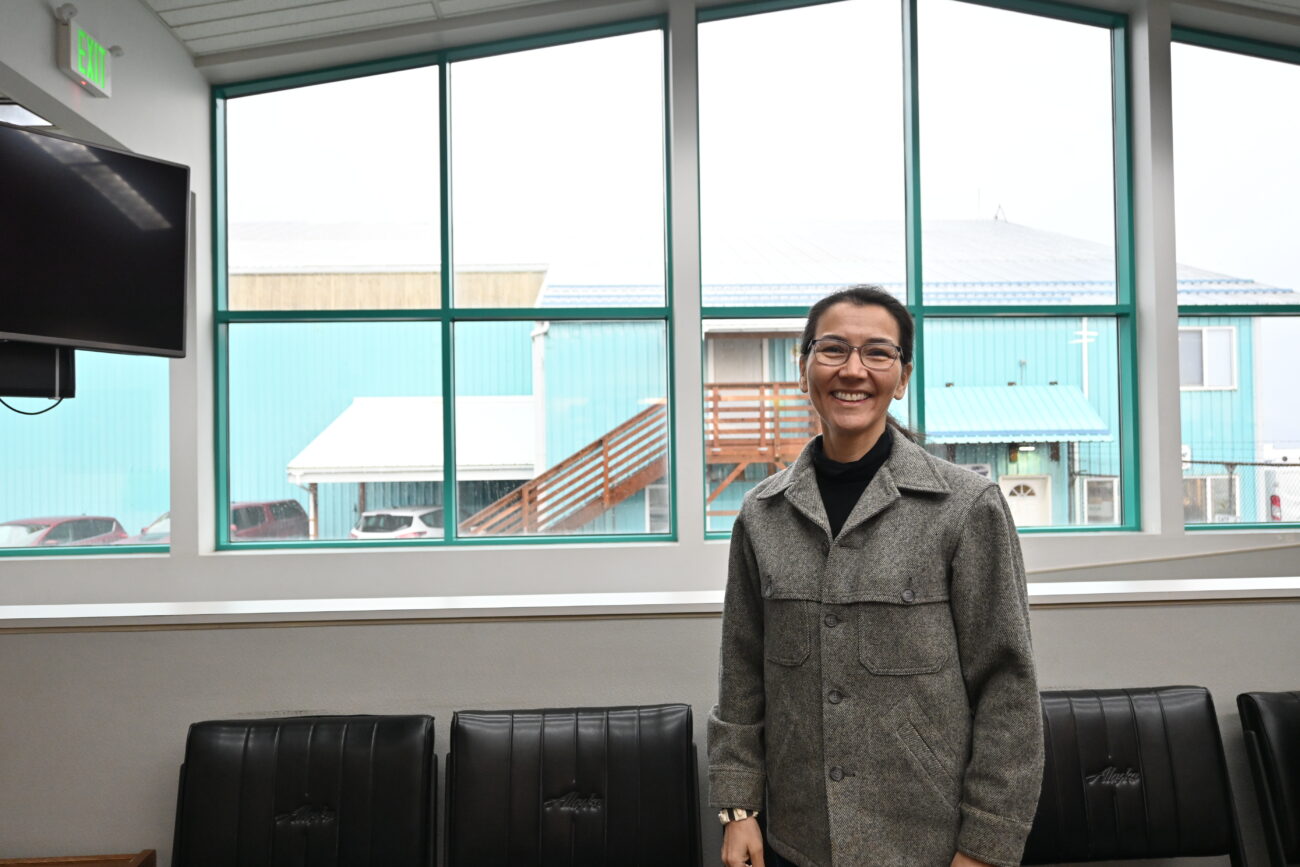
Alaska’s sole U.S. Representative Mary Peltola visited Wrangell on December 30. She met with city officials, the Wrangell Cooperative Association and saw the site of the landslide.
“When the sun came up, we were able to go and look at the landslides firsthand,” she said. “Of course, nothing does it justice like seeing it firsthand.”
In an interview after her visit, she said the Wrangell community now focuses on how to be better prepared for these events going forward.
She said the number of national disasters has increased nationwide. The Federal Emergency Management Agency was created to respond to just a few natural disasters per year.
But Peltola said we now see 25 to 30 natural disasters across America each year and the system isn’t set up to carry this kind of load.
“I think we recognize that you can never really be whole again after going through some of the things like this,” she said. “But we could certainly be doing a lot better.”
She said ultimately Congress needs to give FEMA more resources, but that won’t happen overnight.
The “landless” legislation
Also during the Wrangell visit, Peltola spoke about the “landless” legislation that Alaska’s Congressional delegation reintroduced.
The Alaska Native Claims Settlement Act passed in 1971, transferring millions of acres to native corporations all over the state. But five communities in Southeast were left out, unable to form corporations. They include Wrangell, Petersburg, Ketchikan, Haines and Tenakee Springs.
The “landless” legislation would amend the bill to include these five communities. Support for the cause has grown, and this includes some former opponents like the Wilderness Society.
“We’re seeing more traction on the landless legislation than we ever have,” U.S. Representative Peltola said. “It has gone through the Senate Indian Affairs Committee, and this is the furthest this legislation has ever gotten. So this is a victory for Alaskans, but we’re not across the finish line yet. We have another year to get this across the finish line.“
Peltola said that multiple groups have collaborated to move the landless bill forward – the U.S. Forest Service, Wrangell’s local tribe – The Wrangell Cooperative Association – and nongovernmental organizations.
Peltola said she thinks the five communities have missed out on a lot of economic growth, scholarship opportunities and positive influences.
But she said the land selection process is really tricky and time-consuming. Also, the amount of federal land available to give the five communities has shrunk over the decades. Peltola said this will not be a very quick process but it will be steps taken in the right direction.












